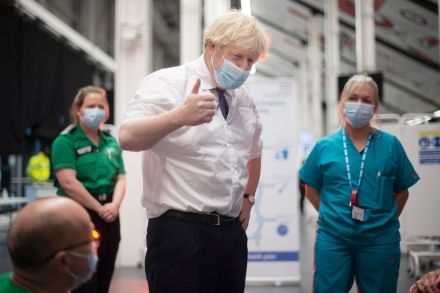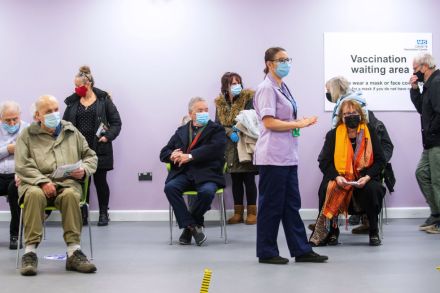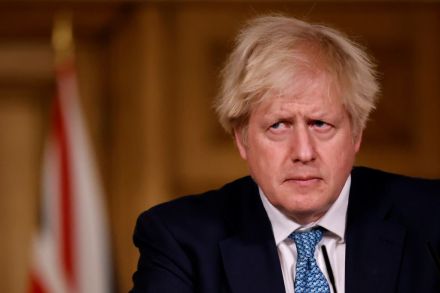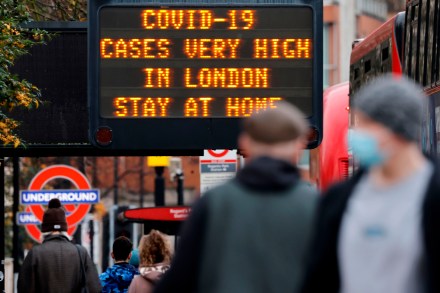Are there any mountains left unclimbed?
Bad service Economic growth fell by 2.6% in November, the month of the second lockdown, compared with falls of 7.3% in March and 18.8% in April. The pandemic has achieved what has eluded recent governments, in rebalancing the economy away from services. Since February: — Services have contracted 9.9%— Manufacturing has fallen 4.9% — Construction is up 0.6% The most affected sectors of the service economy were: — Hair and beauty: 24.4% of businesses reported zero turnover— Pubs: 27.4% reported zero turnover Source: ONS Unclimbed peaks A team of Sherpas made the first winter ascent of K2, the world’s second-highest mountain. Are there any mountains left to climb? — Gangkhar




















